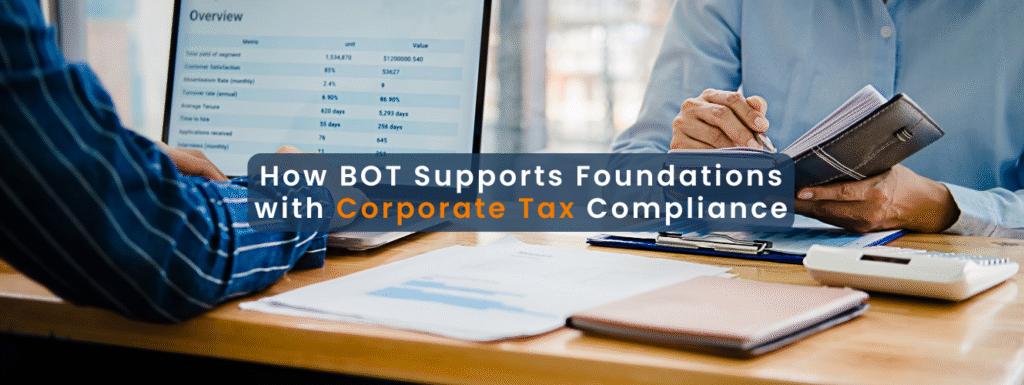How AML Compliance Strengthens Business Integrity
How AML Compliance Strengthens Business Integrity Anti-Money Laundering (AML) compliance has become a cornerstone of organizational integrity and trust in an increasingly regulated global economy. Adopting robust AML procedures is a commitment to ethical conduct, responsible finance, and long-term success for companies looking for stability, growth, and reputation. BOT Consulting emphasizes that adopting robust AML frameworks not only protects businesses from regulatory scrutiny but also reinforces transparency in every financial interaction. Importance of AML compliance AML compliance involves identifying, monitoring, and reporting suspicious financial activities to prevent illicit money flows through legal channels. AML is largely seen by many businesses as a regulatory necessity, but progressive companies see it as an essential part of risk management solutions for businesses. Companies establish greater confidence among investors, partners, and regulators by proactively detecting and mitigating potential risks. Thus, enhances the integrity and efficiency of their financial operations. At BOT Consulting, AML compliance is seen as a bridge between sound governance and effective financial management. Integrating AML controls with tax and financial advisory services enhances regulatory risk management and compliance. This alignment allows businesses to improve reporting, bolster internal controls, and minimize penalties or reputational harm. The coordinated strategy ensures that compliance is not an afterthought but an integral part of everyday business operations. The challenge multiplies for international enterprises as they navigate diverse regulatory regimes. To ensure lawful and transparent cross-border operations, tax services must align seamlessly with AML strategies. The expert advisors at BOT Consulting enable global clients to build compliance frameworks tailored to local laws, tax structures, and international standards. The harmonized approach ensures consistency across jurisdictions while simplifying compliance monitoring. AML compliance strengthens a company’s reputation in the market beyond preventing financial crime. Stakeholders today place immense value on transparency and ethical business practices. Businesses with robust compliance systems are seen as reliable collaborators, drawing in strategic alliances and investor trust. In competitive markets like the UAE, where trust and accountability drive business relationships, AML adoption acts as a key differentiator. Moreover, AML compliance fosters a culture of accountability within the organization. Training employees to identify potential red flags, understand transaction monitoring systems, and maintain accurate records fosters a disciplined financial environment. Such awareness not only minimizes errors but also enables smarter, data-backed decisions and sustained regulatory adherence. Integrity naturally becomes an enduring value when compliance becomes part of company culture. In conclusion, effective AML compliance isn’t merely about risk prevention. It’s about reinforcing the ethical foundation of your business. BOT Consulting’s risk management solutions empower organizations to align ethics with efficiency, compliance with growth, and governance with innovation. Whether through tax and financial advisory services or tailored regulatory risk and compliance consulting, BOT Consulting equips enterprises to operate with confidence, credibility, and complete integrity in a global financial landscape.




















